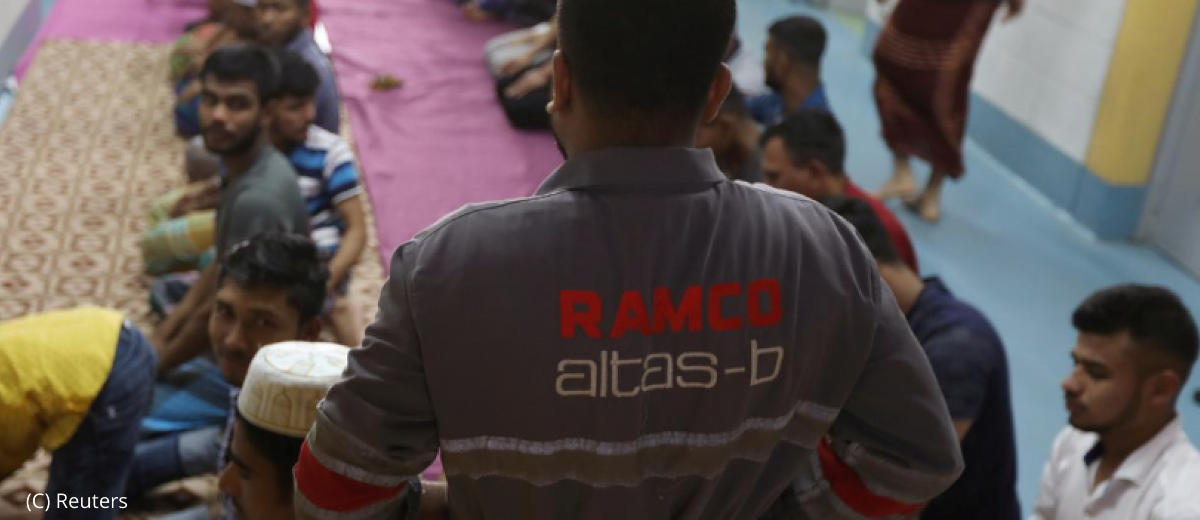
Lebanon avoids To Help Migrant Workers Return Home
The life of some 2.5 million migrant workers in Lebanon hasn’t become any easier in the pandemic times. The earlier exploitation of low wages, long working hours and no labour law protection is place has been exasperated as sponsors are randomly abandoning them and leaving them outside their respective embassy gates.
They have been without wages or any kind of compensation to take care of themselves. Their services are considered to be essentials but most are not being treated with protective equipment or given decent living space or food to eat. Most of the migrant workers comprise maids, garbage collectors, farm hands and construction workers. One reason for trickling wages is Lebanon’s weak economy and dwindling foreign currency. There has been dearth of liquid cash in the market much before the Covid-19 induced lockdowns crippled the already injured economy.
But the migrant population is on the worst receiving end. As the pandemic is hitting even the most developed and healthy economies, the Lebanese pound has found itself losing 60% of its value against the dollar and prices of basic goods have sadly soared. Unemployment has risen to 35% and an estimated 45% of the country’s population is now below the poverty line. No wonder, the migrant population has become the least of their worries.
Sadly, a huge population of these migrant workers has been working illegally for one or the other kind of employer. Most of them include women of Ethiopian and Philippine origins who have worked as domestic helps. They have reported running away due to long working hours and ill treatment, without any salary or compensation to return back home. Most of them cannot afford repatriation flights arranged by their respective embassies.
The incidents of suicide amongst such workers has increase, and there is one incident being reported every month. In question is the sponsorship system, which rights groups say creates near slave-like conditions. Some employers do not allow their helpers to go out on the street alone or have a day off. The condition is very similar to that of Middle Eastern countries that treat migrant workers as slave with no civil rights and no access to labor laws. A 2016 International Labor Organization study found that out of 1,200 employers surveyed, more than 94% withheld their workers’ passports. Migrant workers are now demanding free repatriation flights back home. These include citizens from Ethiopia, Philippines and Sri Lanka. Demonstrations have been reported at various embassy locations by sanitation workers for increase in salaries too.







